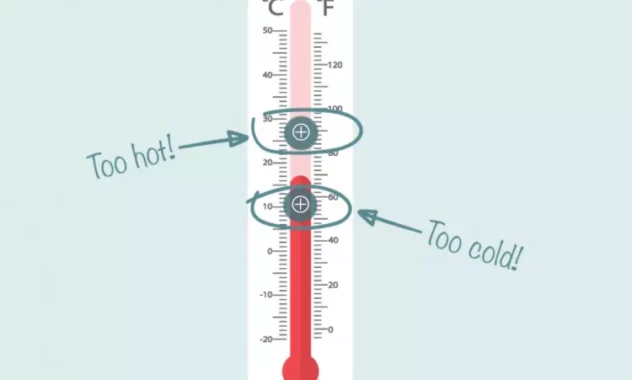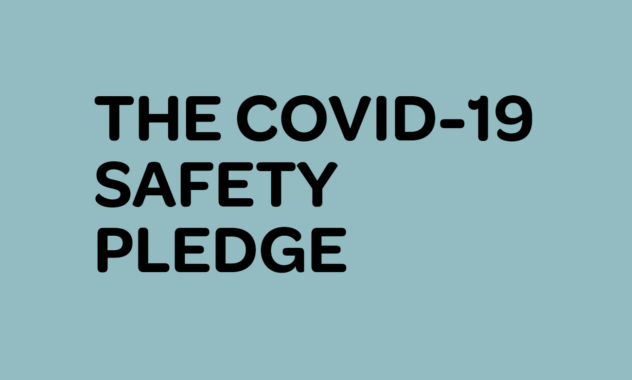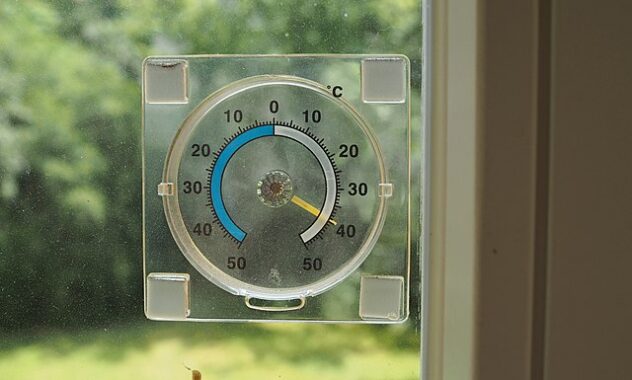NASUWT calls on HSE to intervene in “unsafe” school working conditions
The NASUWT has asked the HSE to intervene after government advice to teachers appeared to contradict safety regulations.

The education union, NASUWT, has written to the Health and Safety Executive (HSE) urging it to intervene in “unsafe working practices in schools”.
The teachers’ body is “increasingly concerned” over “poor advice” its members have received over ventilating classrooms during the Covid pandemic.
Government guidance differs from HSE advice over the correct use of CO2 monitors that have been distributed to schools to measure air quality, leading to confusion among teachers.
In a letter to the HSE, shared with the Independent, the union criticises the government for not providing any suggestions on improving safety when monitor readings are too high.
The HSE advises that rooms in which there is continuous talking, singing or physical activity are unsafe when readings of over 800ppm are shown on CO2 monitors.
Dr Patrick Roach, General Secretary for the NASUWT, said this describes “virtually every room in school”, yet the Department for Education (DfE) says 800ppm is merely an “early indicator” of poor ventilation.
The government also advises teachers to continue working even if CO2 readings are too high, which Dr Roach believes to be against workplace regulations.
Geoff Barton, General Secretary of the Association for School and College Leaders, told the Independent that many school buildings are “relatively old” and cannot be ventilated sufficiently to maintain a safe level of air quality during the pandemic.
Indeed, one teacher told the newspaper she was getting readings as high as 2300ppm in her classroom but there was nothing she could do about it because she had already taken all measures possible to ventilate the space.
“The NASUWT is deeply concerned that the DfE guidance may give rise to unsafe working practices in schools, and could result in schools being in breach of statutory regulation,” Dr Roach said.
James Bowen, from the National Association of Head Teachers, agreed that more must be done. He said: “Getting CO2 monitors into schools was an important, if overdue, first step. However, the monitors themselves will not fix the issue of poor ventilation.”
He added: “Where these monitors are identifying issues that cannot be solved through simple, minor changes to the environment, then government needs to step in and provide more substantive solutions.”







